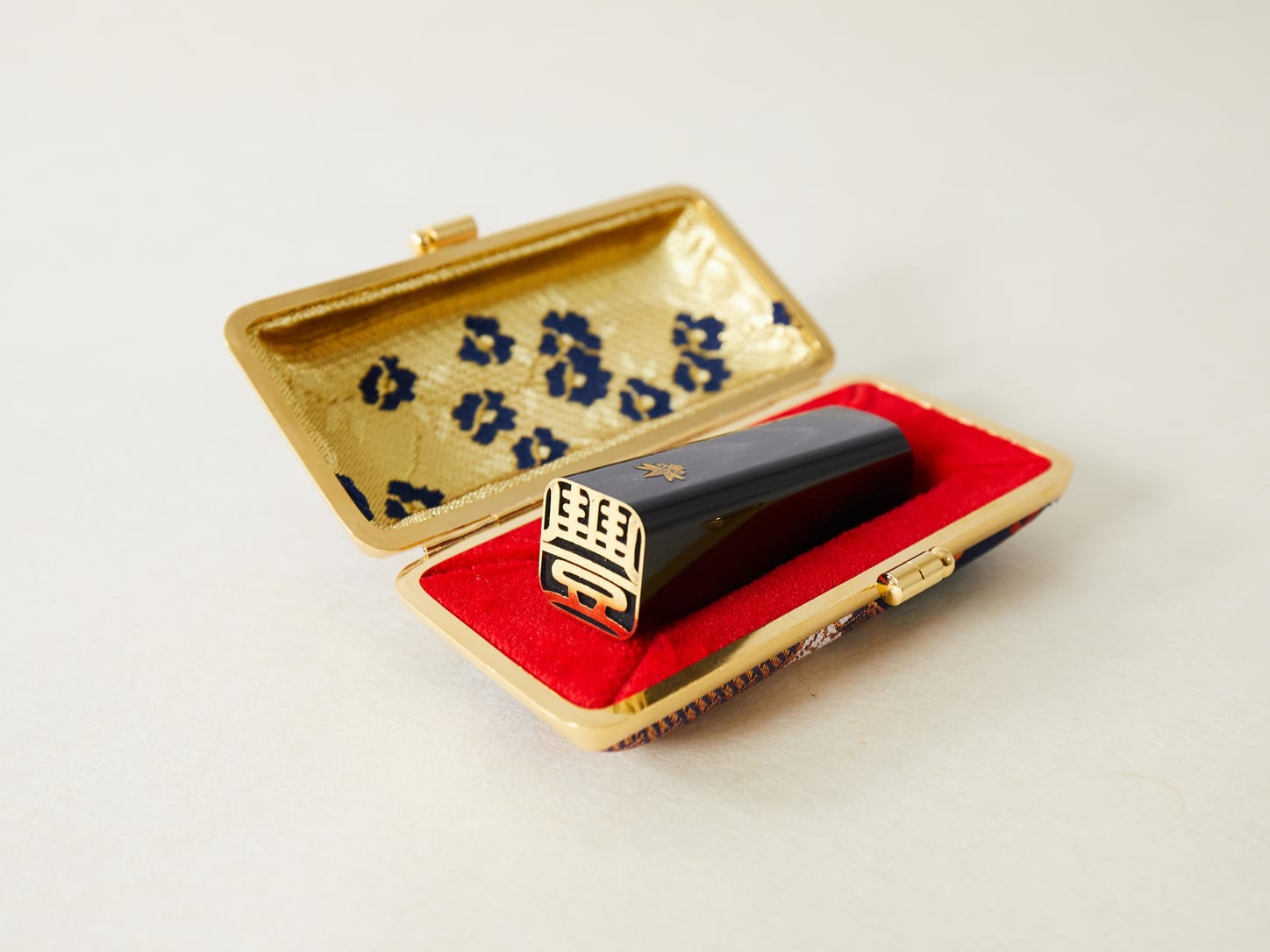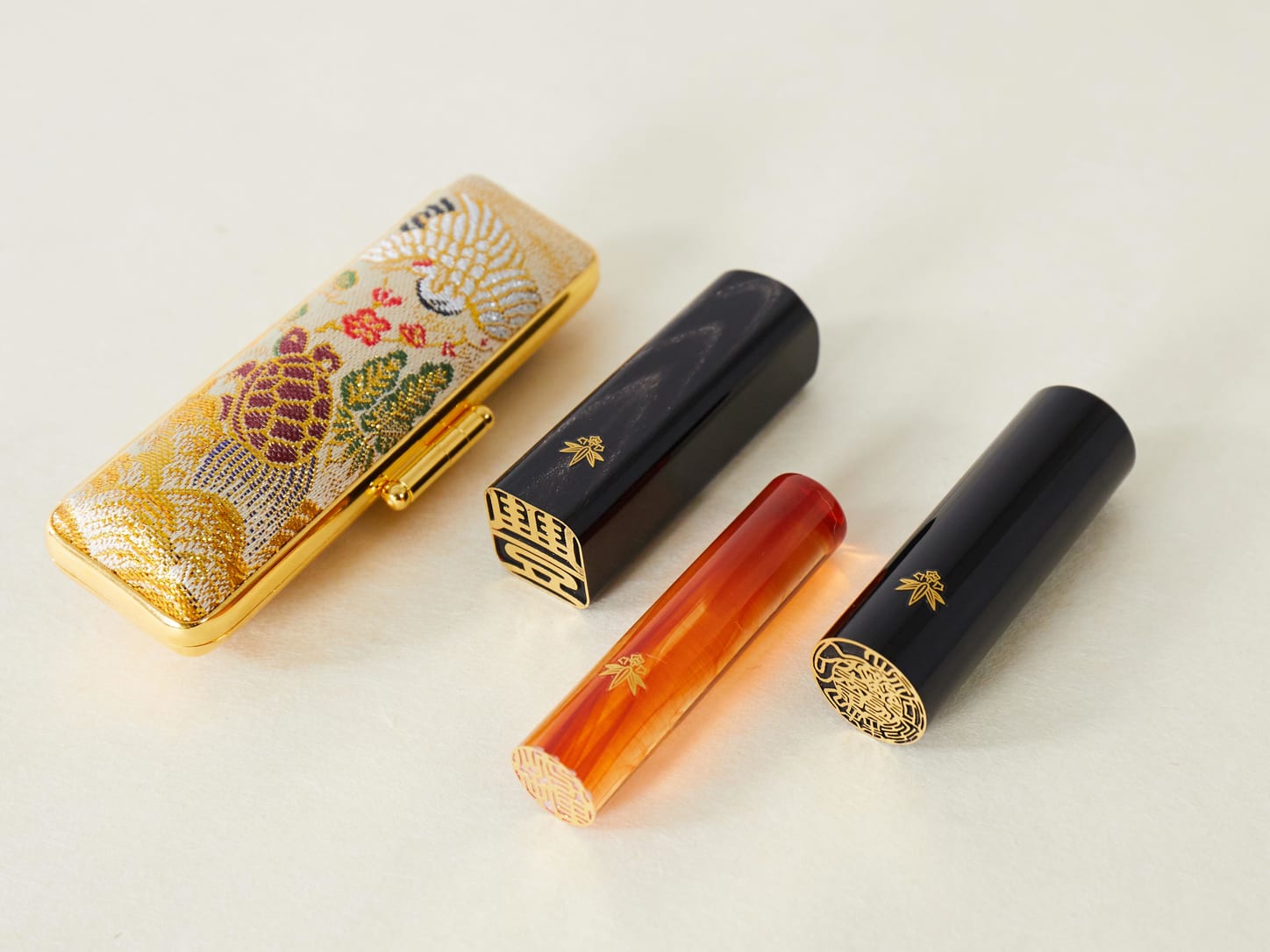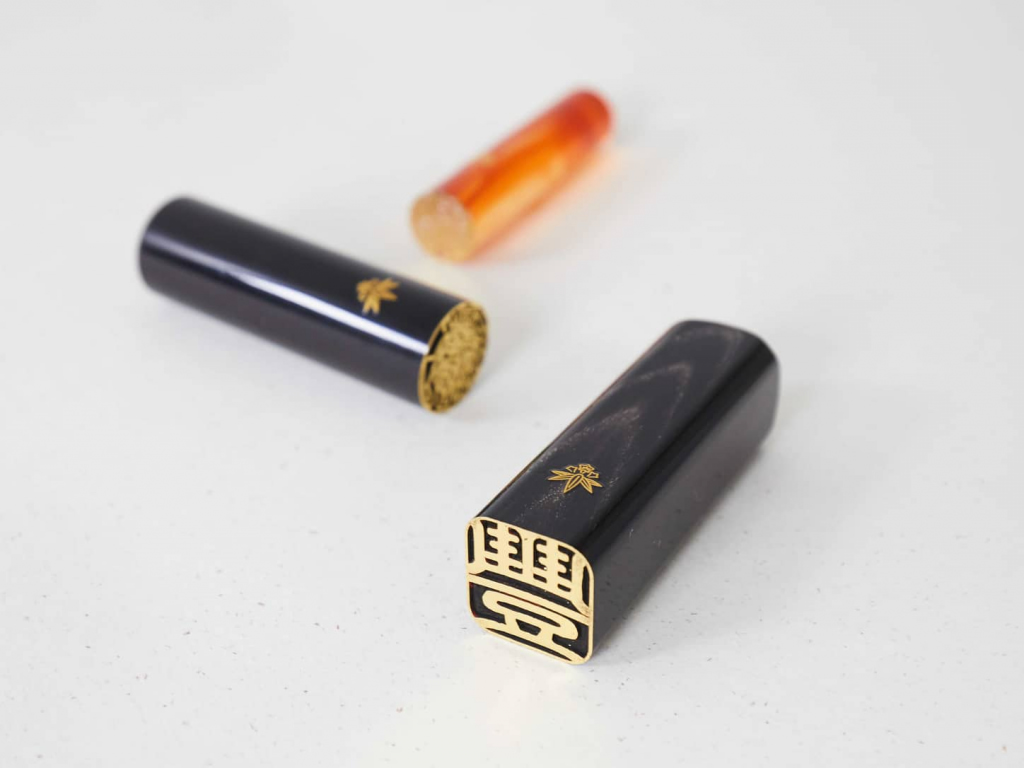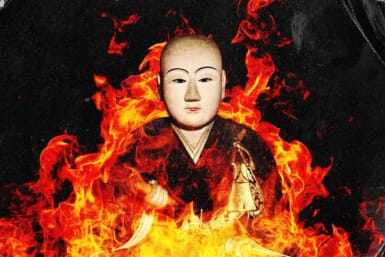In the heart of Kamakura, traditional Japanese culture not only endures, it flourishes. Here you’ll find historic temples, shops and statues with origins that can be traced back to the Kamakura period (1185-1333), when samurai ruled the nation. As Japan’s capital during this time, Kamakura became an important center for the dissemination of hanko culture. What better souvenir from this great city than a custom hanko of your own?
 Kamakura Hanko Craftsmanship
Kamakura Hanko Craftsmanship
Originally opened in 1951 in the Kansai region by Satoshi Tsukino, Kamakura Hanko is now run by third generation owner Mitsuhiro, who carves custom hanko by hand just five minutes away from Kamakura Station. The store sources its seal stocks directly from Yamanashi – the largest producer of hanko stocks in the nation – and offers over 30 types of high quality materials from stone to horn and wood. The selection of over 100 hanko cases, also made by Yamanashi craftsmen, offers a design to suit almost any style.
 The Kamakura Hanko Difference
The Kamakura Hanko Difference
While you can find hanko almost anywhere, Kamakura Hanko offers a truly unique service. All production processes are handled inhouse, including character entry, rough engraving, finishing, stamping and certificate creation. What’s more, all seal stocks are blessed at one of Kamakura’s most important shrines to ensure its new owner is endowed with good fortune. For an extra good luck boost, your name can be stylized to create an auspicious design – said to improve your chances in love, business, and other areas in life. Regardless of whether you believe in gaining luck like this, a handcrafted hanko is an excellent way to give a good impression to others.
 Make Your Own Hanko
Make Your Own Hanko
Kamakura Hanko offers exclusive workshops so you can design your very own hanko with the expert advice of third generation owner Tsukino. One of the unique aspects about attending a workshop here, as opposed to at other hanko-making spots, is the fact that you can choose and create your own kanji name (foreign names are usually written in katakana). You can also craft unique katakana seals for official use. Browse the shop’s extensive catalogue which contains a large selection of foreign names with translations into kanji. This workshop is only available to two people a day, and it’s a highly sought after experience.
For more information, visit:
www.kamakurahanko.com/japanesesealhanko
www.kamakuraseal.com/
Photographs by Ryoko Ogawa
[Sponsored]








